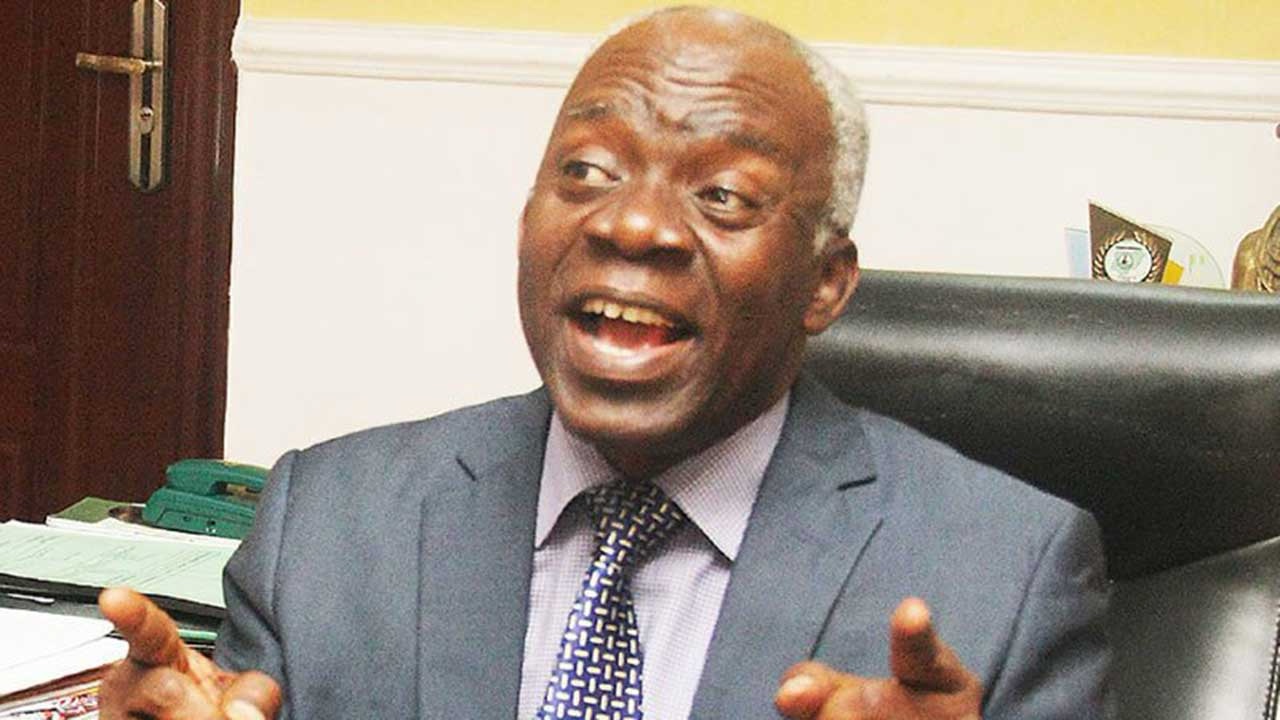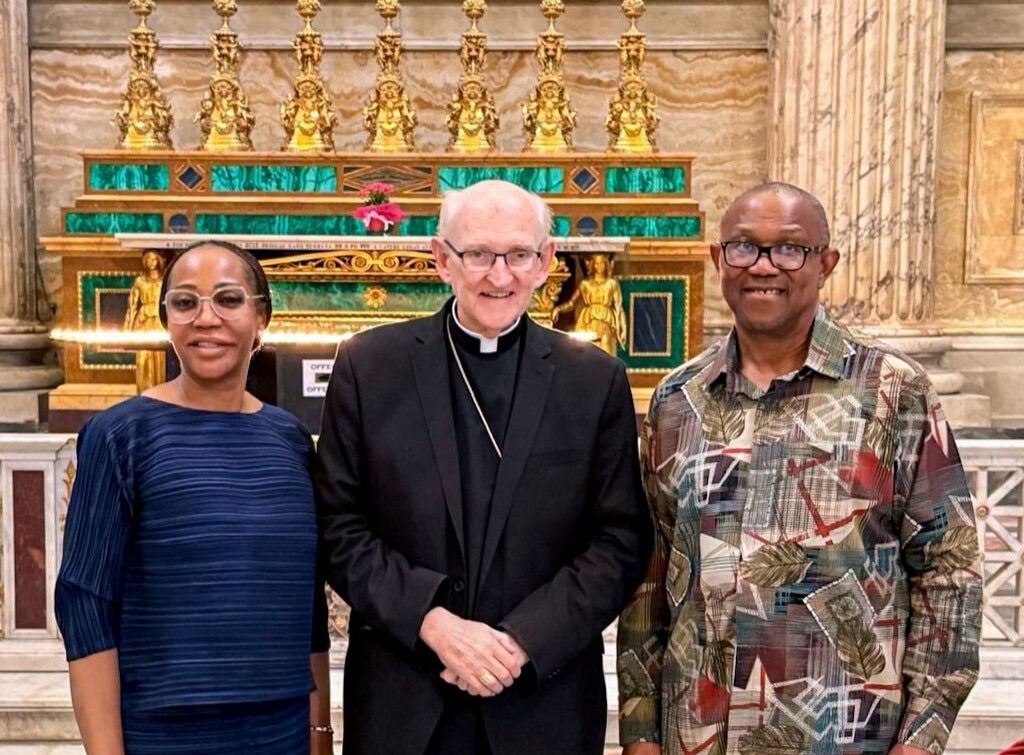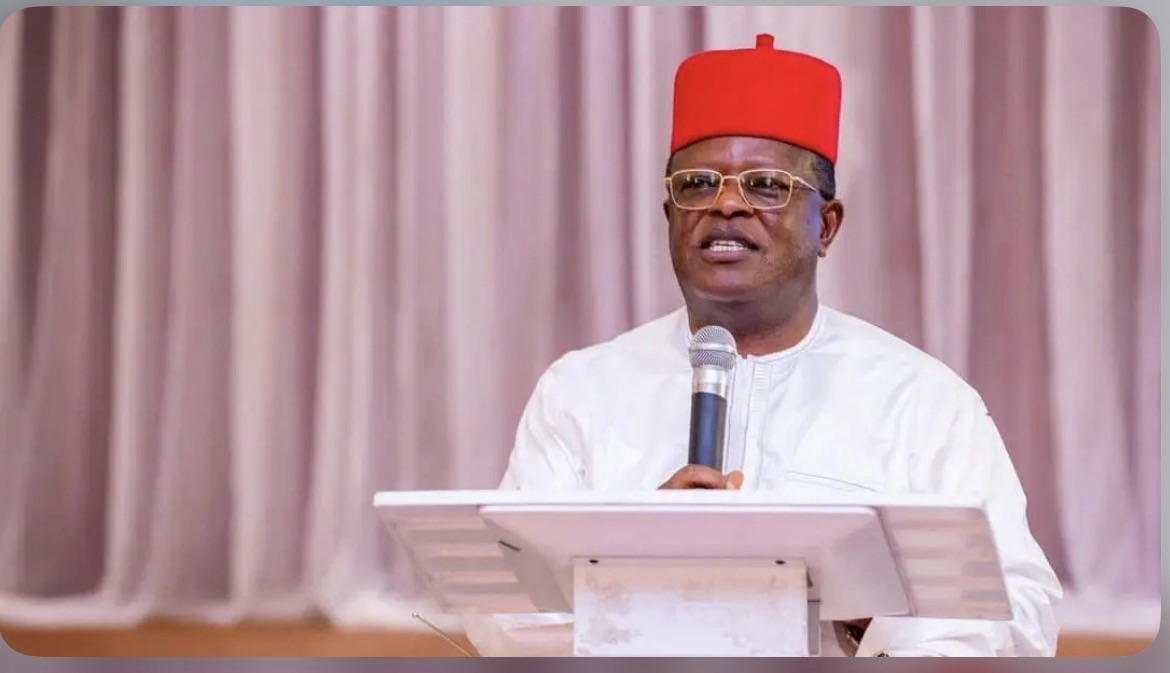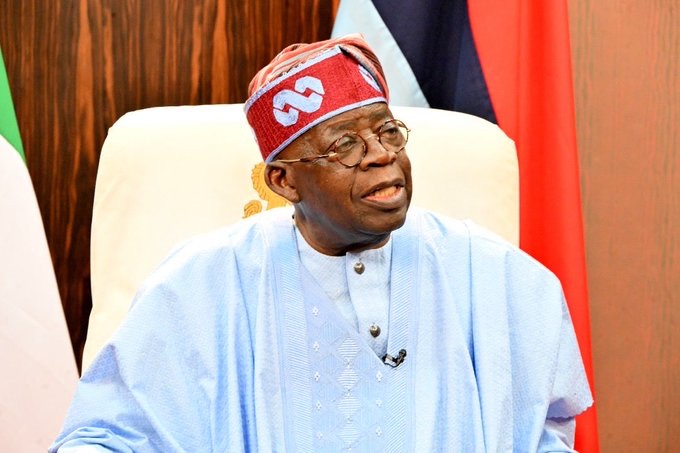
Falana accuses Abacha regime of masterminding murder of Ogoni leaders
Says tribunal was a mock trial
hails Tinubu for granting posthumous pardon
Human rights lawyer and Senior Advocate of Nigeria, Mr Femi Falana, has alleged that the late Gen. Sani Abacha military regime was responsible for orchestrating the brutal killings of the Ogoni Four and the subsequent execution of the Ogoni Nine in 1995.
Falana, however, commended President Bola Tinubu for acting on the panel’s recommendations by granting posthumous pardon to the Ogoni Nine and conferring national honours on the Ogoni 13, saying it marked “a historic step toward closure and unity among the Ogoni people.”
He spoke in Port Harcourt yesterday during the 84th posthumous birthday lecture of Ken Saro-Wiwa, where he gave a detailed account of the events that led to the tragic deaths, describing them as “state-sanctioned murders carried out to protect oil interests in the Niger Delta.”
The activist recalled that he and the late Chief Gani Fawehinmi (SAN) had defended Saro-Wiwa and other leaders of the Movement for the Survival of the Ogoni People (MOSOP) but were forced to withdraw from the trial after the special military tribunal frustrated their efforts to tender critical evidence in defence of the accused.
“In a desperate bid to exploit the oil resources without control, Shell Petroleum Development Company was granted licences by the Nigerian state to import arms and ammunition under the guise of protecting its assets. Those weapons later found their way into the hands of militant youths, who were incited to attack their own communities,” Falana said.
He alleged that the regime’s task force, led by Col. Paul Okuntimo, recruited militants to assassinate the Ogoni Four, while soldiers present at the scene failed to make any arrests.
“After the killings, the soldiers took away the bodies to an unknown destination,” he stated.
According to Falana, the then military governor of Rivers State, Col. Dauda Komo, hurriedly declared that Ken Saro-Wiwa and other MOSOP leaders would be held responsible for the killings even before any investigation had begun — a move that he said showed the junta’s intent to frame and eliminate them.
“The initial murder charge filed at the Rivers State High Court was discontinued when prosecutors admitted that the evidence was too weak. But Abacha ordered a special military tribunal, which rejected vital defence evidence to ensure the conviction and death sentences of the Ogoni Nine,” he recounted.
Falana also faulted the execution process, noting that the Provisional Ruling Council confirmed and enforced the death sentences even before the tribunal compiled its records as required by law.
He said, “It was because of this gross illegality that Nigeria was suspended from the Commonwealth of Nations.”
The senior lawyer noted that the 1999 Oputa Panel on Human Rights Abuses revisited the case and established that both the Ogoni Four and Ogoni Nine were victims of the Abacha junta. The panel also facilitated reconciliation among the families of the victims.
Falana, however, commended President Bola Tinubu for acting on the panel’s recommendations by granting posthumous pardon to the Ogoni Nine and conferring national honours on the Ogoni 13, saying it marked “a historic step toward closure and unity among the Ogoni people.”
He therefore congratulated the Ogoni and Niger Delta people for their continued struggle for environmental justice, highlighting gains such as the 13 per cent derivation fund enshrined in the 1999 Constitution and the 3 per cent host community fund provided under the Petroleum Industry Act.
Citing data from the National Upstream Petroleum Regulatory Commission (NUPRC), Falana disclosed that oil-producing communities have received over ₦358 billion from the Host Community Development Trusts as of October 2025, with 536 projects, including schools, health centres, roads, and vocational centres, underway.
However, he lamented that despite receiving ₦620.23 billion in derivation funds between January and May 2025, the Niger Delta states still face severe underdevelopment. He therefore urged MOSOP to “lead a new campaign for the allocation of at least five per cent of state revenues directly to the oil-producing communities.”
The lecture was organised to honour the memory of Ken Saro-Wiwa, the late environmental activist, writer, and MOSOP leader, executed 30 years ago for his campaign against environmental degradation in Ogoniland.
Tags:
No tags
Related Posts
Loading...



